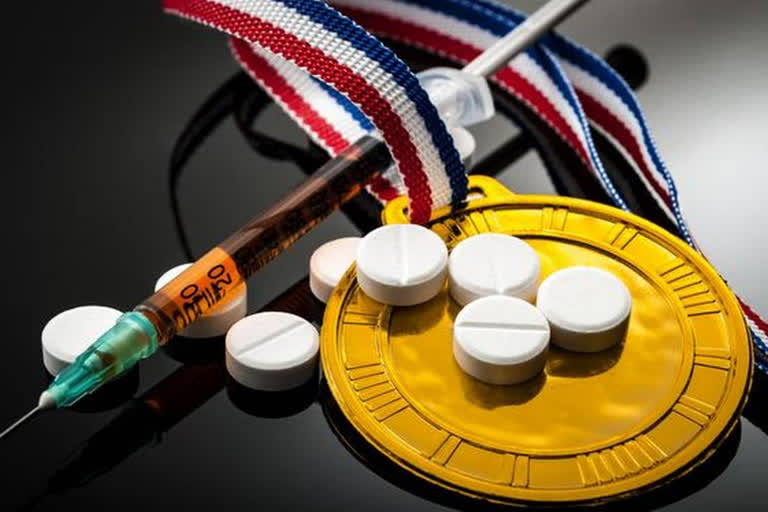Denver: The typical day for Noah Lyles now looks something like this: Drive to park. Unload weights from truck. Sprint on grassy field. Lift. And, every now and then, head home and take a doping test.
The world-champion sprinter is one of 15 American athletes who have volunteered to conduct in-home drug tests on themselves as part of a pilot program being run by the U.S. Anti-Doping Agency.
With anti-doping collections severely curtailed across the globe because of the coronavirus pandemic, USADA is looking at new options, in this case by asking a group of leading Americans to give urine and small dried blood samples at home.
They asked me to do it, and I wasn't opposed to doing it, Lyles said.
It's a way to get my drug test in. Athletes are still required to fill out their whereabouts forms, and under this program, a doping control officer will connect with an athlete via Zoom or FaceTime during a prescribed window.
Athletes receive test kits at home and head into their bathroom to give urine samples while leaving their laptops outside the room. Under normal circumstances, the officer would come to the house (or wherever the athlete was at the time) and stand outside the bathroom.
In this case, the officer looks on via the camera while the athletes are timed and their temperatures are monitored to ensure they are giving the samples in real time.
The blood test uses a new technology dry blood sampling in which athletes prick their arms and small droplets of blood funnel into a container. Athletes are then responsible for packaging the samples and sending them back to testing labs.
USADA CEO Travis Tygart says the program gives clean athletes a chance to prove they have remained clean during a time in which anti-doping regulators are having a difficult time reaching the numbers of athletes they normally would. It's an issue that will make the return to play the Olympics are rescheduled for 2021 but other events are expected to come back sooner that much more difficult to navigate.
